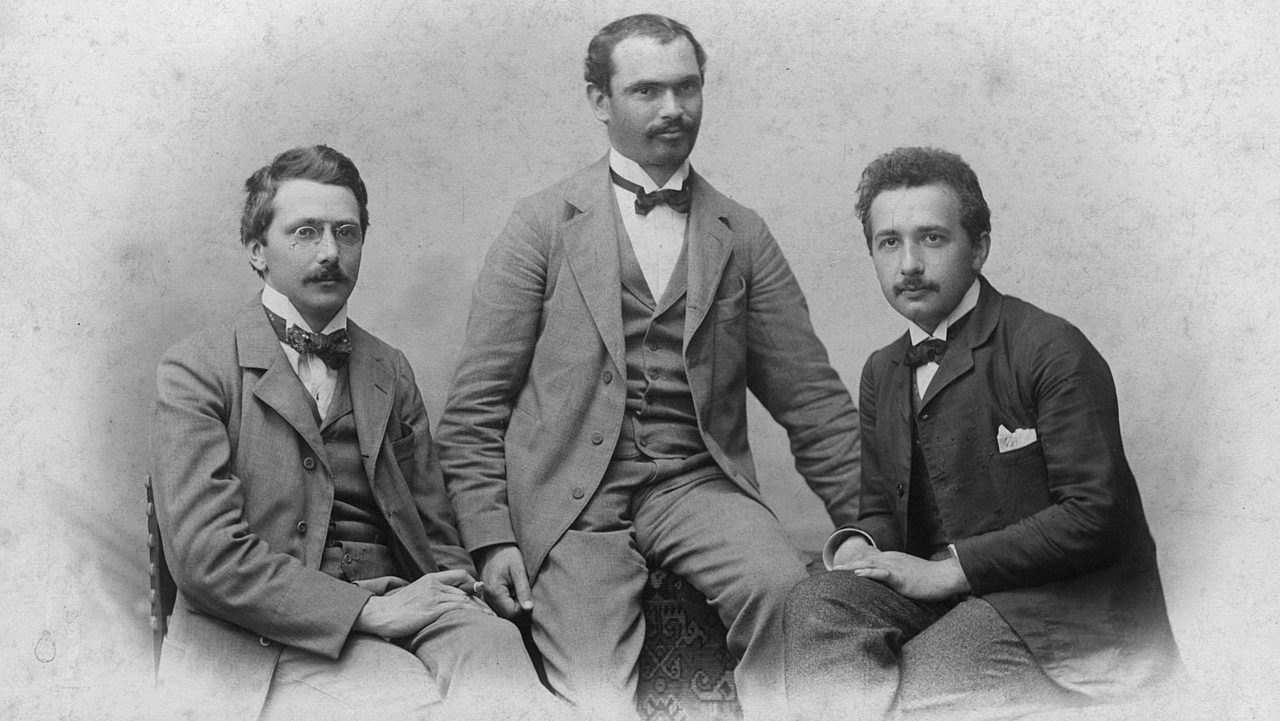Every year, David Gelernter’s students at Yale “are less and less able to express themselves in writing.” Unless that trend changes, old media may wither.
Question: Can print and digital media coexist in the future?
David Gelernter: In two ways. The service that print media traditionally makes available is editing, which can turn almost unintelligible random words into intelligible language, depending on how good a writer you are dealing with. The vast majority of mankind today writes badly and finds it difficult to – may have good ideas, but finds it difficult to write more than an articulate sentence. I’m really judging by my students. Each year, my students at Yale, which is a good university, we get very good students, are less and less able to express themselves in writing. So, the print media more than ever provides editing and provides authority, respectability. If I go to a newsstand 30 years ago, and there are five newspapers, it’s important for me to know that I trust this newspaper and I don’t trust that one. But if today I go to the Web and there are 30,000 sites, it’s even more important for me to go to a site which I have some reason to trust consistently over the long term. I think the print media have failed to make the most of their opportunity. They may all disappear because they are approaching things in the wrong way. But editing to produce coherent, readable text and authority so that readers know how to spend - no matter how much information there is, I have the same number of minutes in my day, and I need to look to sources that I trust, beginning with the print media, newspapers I read, magazines I read, publishers I trust to give me advice on how to spend those minutes. Print media will flourish if it does that. I don’t know if it will.





